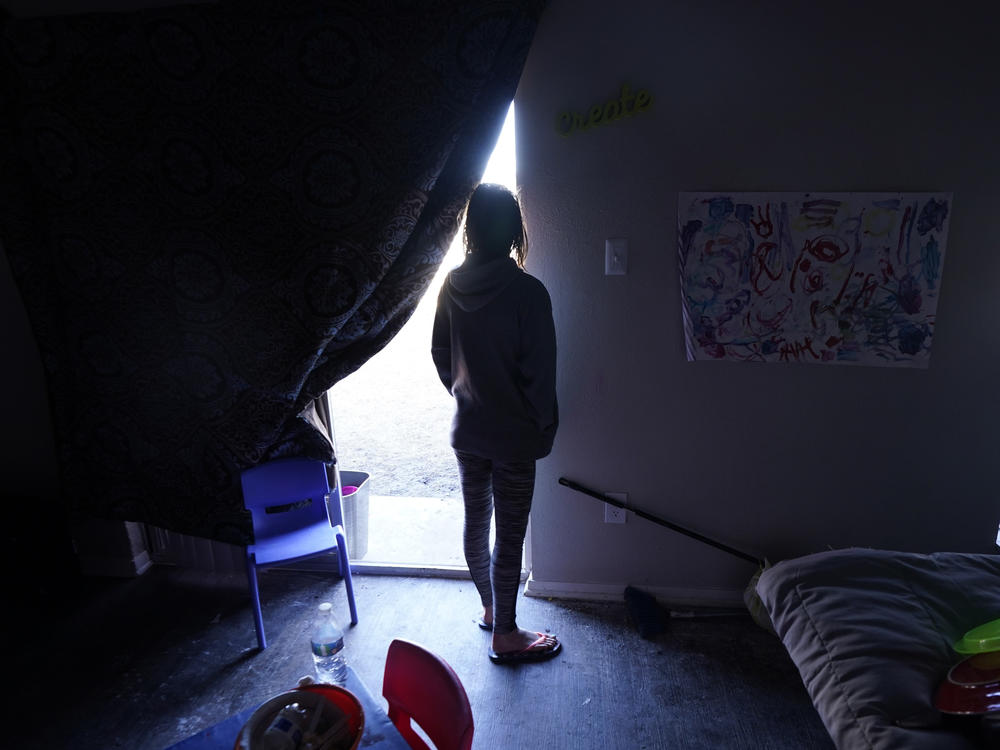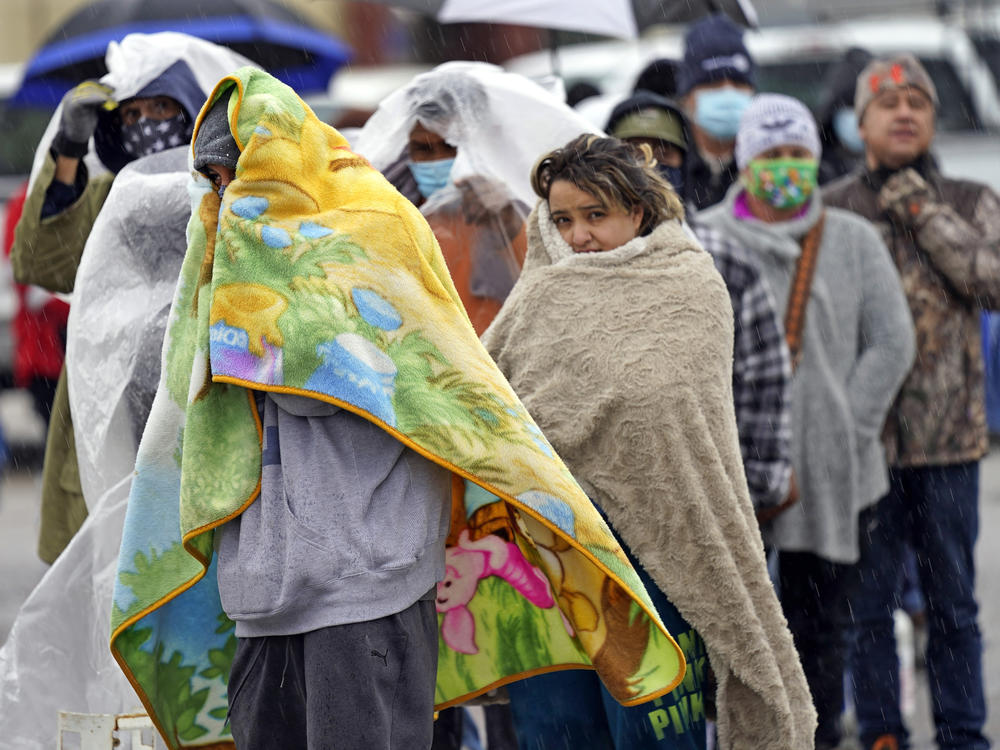Section Branding
Header Content
Texas Lawmakers Passed Changes To Prevent Blackouts. Experts Say They're Not Enough
Primary Content
Texas state lawmakers had just started a legislative session when deadly blackouts gripped the state in February. The timing was fortunate. In Texas, legislators typically meet only once every two years. The fact that they were already in Austin meant they could act quickly, and many vowed to shore up the state's electric grid and create safeguards against future power outages.
This week lawmakers approved a sweeping package of measures to address specific problems that threaten electric reliability — some of them despite opposition from the oil and gas industry. But many electric grid specialists, policy analysts and state politicians themselves said they've failed to do enough to prevent another blackout disaster.
After a decade of warnings, a weak mandate to "winterize"
Ever since another major freeze and blackout 10 years ago, experts have said Texas needed to "winterize" or "weatherize" not only its power plants but its oil and gas infrastructure as well. The reason is that cold weather can freeze wellheads and other components in the natural gas supply chain, stopping gas from getting to power plants.
Despite February's deadly disaster, it was not clear that would happen this time either. Industry lobbyists, and regulators often seen as cozy with them, rejected winterization.
Christi Craddick, the elected Republican chair of the state's oil and gas regulatory agency, the Railroad Commission of Texas, even denied the large role oil and gas failures played in the blackout.
"My industry resolved the problem and didn't really create it," she told lawmakers soon after the blackout.
Given such pushback, it was a big deal when state Rep. Chris Paddie, a Republican from Marshall, managed to get a sweeping blackout response bill through the Texas House of Representatives. The legislation, known as Senate Bill 3, now awaits Gov. Greg Abbott's signature.
"It is the bill that addresses those fundamental issues that we identified early on ... with oversight, accountability, communication failures and weatherization," Paddie said as he brought the bill for an initial vote.
That weatherization part of Senate Bill 3 allows regulators to determine which parts of the natural gas supply chain are critical to electricity production and then requires that they be protected from the cold.
Most agree it is progress. But it only applies to equipment linked directly to power plants. Experts said it ignores the interconnectedness of the gas infrastructure.
"What I fear, that it's just not going to be enough," said Dan Cohan, a professor of civil engineering at Rice University.
He said if there's another big freeze, "whoever has those direct lines into the power plants and winterizes those is going to point upstream and say, 'Well, those upstream people couldn't get us enough gas.' So yeah, it's hard to see how this is going to provide us full coverage."
The law also includes penalties as low as $5,000 a day for companies that do not winterize. Critics said those fines could cost less than the price of complying with the law.
Doug Lewin, president of the consulting firm Stoic Climate and Energy, said that "$5,000 for a big oil and gas company, to say it's a rounding error is probably an overstatement."
After the blackout, analysts at the Federal Reserve Bank of Dallas said one simple way to build resilience into the natural gas supply chain would be to mandate weatherization of new gas wells built in Texas.
Lewin points out that the state Legislature failed to act on that recommendation.
Lawmakers took a pass on major market reforms
Other major proposals that might help safeguard the grid in both winter and in summer hardly received a hearing. That's likely, critics said, because these plans could threaten the profits of natural gas suppliers or electric generators.
Suggestions to encourage power plants to have emergency backup fuel were rarely discussed. Bills to increase energy efficiency standards to relieve pressure on the grid were voted down. A proposal to back up the Texas grid by connecting it to other parts of the country was also not addressed.
Jim Boyle, a former public counsel at the Public Utility Commission of Texas, thinks the Texas energy industry may have derailed some of these measures because they would reduce its market power over the grid.
"I think oil and gas interests think, 'Man, that doesn't sound too good to me!' " said Boyle, who now works as an attorney.
In Texas' deregulated energy market, companies can make more money during a blackout when supplies of gas or electricity are tight and demand is high. Many said until that basic fact is resolved, the state will remain vulnerable to blackouts.
"However the market is structured, that's going to drive what happens with the building of generation, the weatherization and sustainability of that generation, the cost of it to the consumer," said state Rep. Donna Howard, a Democrat from Austin.
Howard and other lawmakers expect they will be asked by House and Senate leadership to study and hold committee hearings on electric market reform for potential action during the next regular legislative session in 2023.
An alert system, and a crackdown on price spikes
Despite the shortcomings Howard sees in the blackout response, she said she believes lawmakers "made some steps forward" this legislative session.
In addition to mandating the winterization of power plants, new legislation establishes an energy alert system to warn Texans of a potential grid emergency. It also cracks down on retail electric plans that tie the price customers pay to the spot market price of electricity.
After the blackout many customers with such plans received electric bills for thousands of dollars because of price spikes during the crisis.
Specific reforms such as these had such widespread support that Senate Bill 3 passed both chambers of the Legislature without a single vote against it.
State Rep. Jon Rosenthal, a Houston Democrat who also works as an engineer in the gas industry, supported the bill because he liked some of its provisions but said, "It's just not enough."
"In the end," Rosenthal said, "the product that came out of this body is not strong enough to ensure that we won't have another catastrophic event."
There's a chance such an event might come soon. Summer is the time of year when Texas usually uses the most energy, and some analysts said the state's grid runs the risk of yet another blackout in the coming months.
Copyright 2021 KUT 90.5. To see more, visit KUT 90.5.


